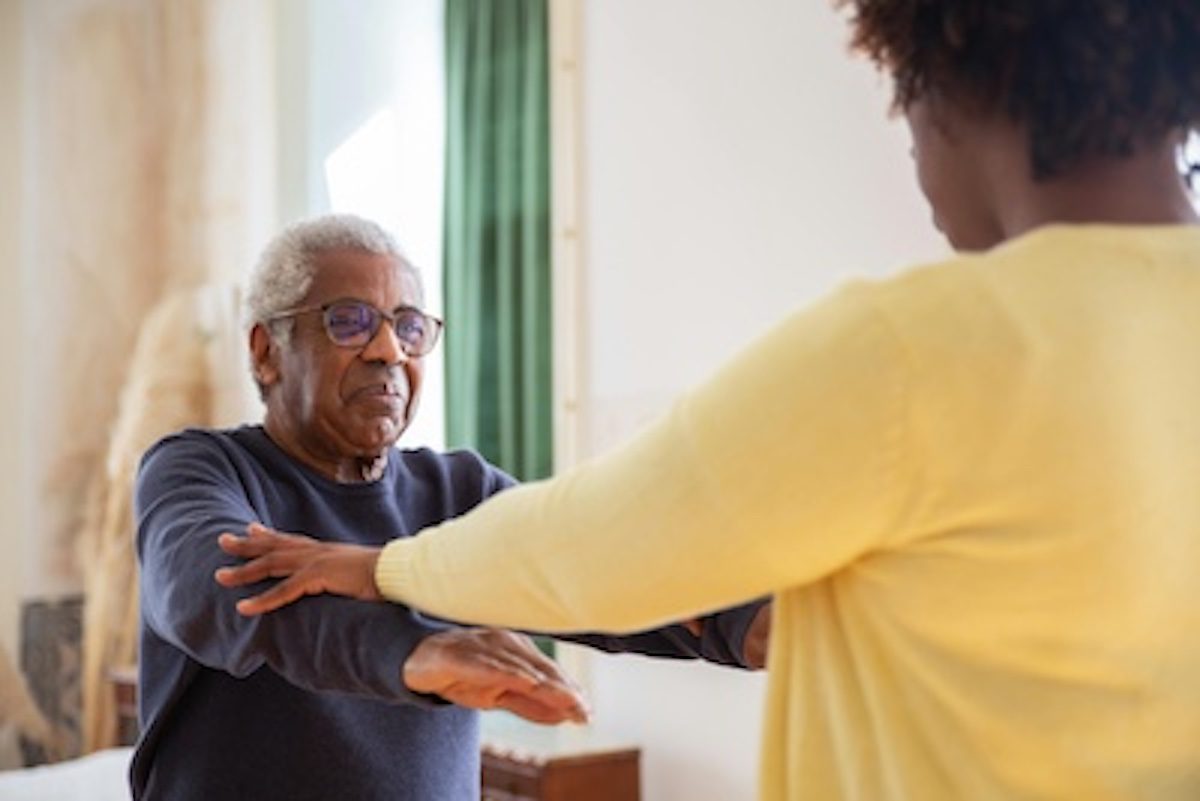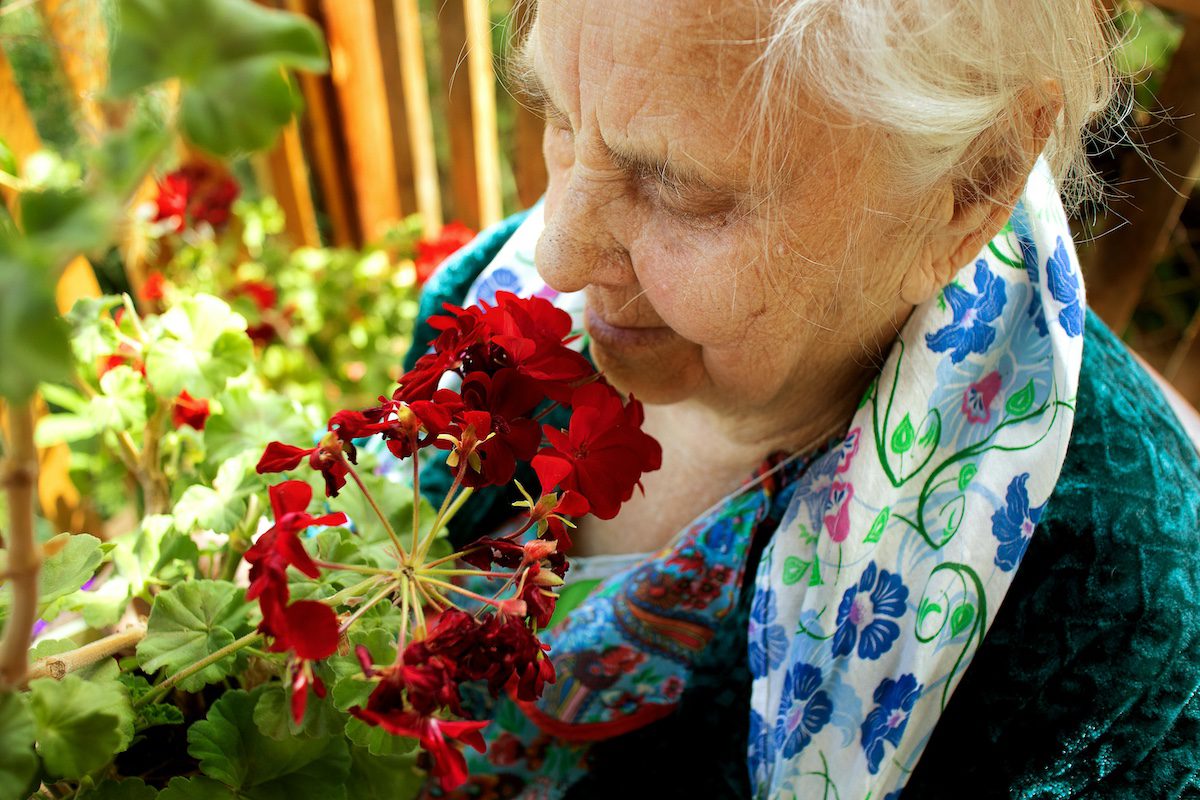Pain and heartache are a part of life. Death is a reality we all must face eventually, but this knowledge doesn’t make us more prepared to lose someone. Everyone copes with loss differently, and there’s no normal way to grieve. The emotions you feel—no matter what they are—are normal.
Experiencing loss can test you spiritually and challenge your perspective of the world. As you grieve, you may question God’s presence in the situation and in your life. Though loss is extremely painful, our distress can lead to more appreciation and zeal for life if we believe in Christ’s promises.
The nature of hospice care gives patients and their families the space to address and prepare for death. Chaplain Bill Niebuhr of Seasons Hospice in Springfield, MO, shares how chaplains can help families prepare for loss.
Experiencing Anticipatory Grief
In hospice care, patients and their families have an opportunity to process and accept their situation. Often, family members experience anticipatory grief, or grief while the patient is still alive. Watching a loved one withdraw and grow weaker can prompt this grief.
There’s no guidebook on how to deal with anticipatory grief. You will experience sadness as you think about life without your loved one, but you don’t want to miss out on special moments while they are still alive. A hospice team helps you recognize what’s most important: the patient’s wishes.
Hospice helps everyone involved focus on the patient’s needs and wants. Whether it’s seeing grandchildren or having a bite of ice cream, fulfilling your loved one’s wishes can lift a weight off your shoulders.
The best way to cope with anticipatory grief is to focus on your loved one while they are still here and think about where life will take you after they are gone.
Making Connections While You Can
When a loved one begins hospice, it’s important to remember that this is a time to connect with them. This time is about making your loved one comfortable and saying anything you need to say.
“As chaplains, we try to help [patients] realize that they need to make connections with loved ones while it’s still possible. The same thing goes for the family toward the patient,” says Chaplain Bill.
You don’t want to have regrets when you look back on this time. Chaplains remind patients and families to reach out to loved ones and not wait. Hugs, kisses, and last words are so meaningful. Telling your loved one you love them, forgiving them, or just being there will mean the world to both of you.
Identifying the Roots of Your Emotions
After you’ve lost someone, the world is different. There’s a space in your life where that person was. Most people experience the five stages of grief: denial, anger, bargaining, depression, and acceptance. You may feel angry, sad, confused, betrayed, relieved, or all of these emotions. Coping with grief and loss starts with talking about your feelings.
“Asking the hard questions helps people discover what it is they are feeling, and then you can talk about it. Talking about our feelings and normalizing them can be like a pressure relief valve,” says Chaplain Bill.
Identifying the root cause of your emotions is the first step toward healing. Many hospice services offer bereavement support and grief counseling, as well as spiritual counseling. Your hospice team works together, even after the patient has passed, to support you and your family.
Hospice chaplains are there to be empathic listeners. Chaplains can help you talk through your feelings by listening and asking you to dive deeper into your relationship with God.
Who Am I Now? Planning for Life After Someone’s Death
Many people don’t think about what life looks like without their loved one. What will they do? Are there goals or projects to complete? How will they spend their time? Losing a spouse or a parent changes the dynamic of our lives. After a loss, many people are left trying to figure out what their new role is.
“I’ve learned in the loss of a loved one that it’s important for us to figure out what we need to be doing and be doing it while we still can,” says Chaplain Bill.
Chaplains help families by asking questions, like “What are the next steps?” and “Now that they have passed, what will you do?” For people with faith in the Lord, consider what the Lord wants you to fulfill with your remaining time here on earth. You may ask: “What else does He want me to become? How is He making me more like Jesus?” Your answers to these questions will guide your next steps in life.
It isn’t wrong to picture life without your loved one or set goals for after they pass away. Planning for life without your loved one will help you be more prepared when the time comes.
Reinvesting in Life with Hope in Your Heart
We remember and honor our loved ones by living—by reinvesting in life after experiencing loss. Those who have faith in Christ and the promise of eternal life have hope.
As poet Emily Dickinson wrote: “’Hope’ is the thing with feathers – That perches in the soul.” God gives us hope for a good life and an eternal life. Hope has wings that carry us through pain and help us see purpose in our existence.
“The Bible says God is the God of all encouragement. The courage to press on and believe for better things ahead—that’s all a gift, and it comes from the good Lord. It’s like gravity,” says Chaplain Bill. “It’s just there.”
Is it time to consider hospice for your loved one? Are you looking for faith-based hospice care?
Contact Seasons Hospice for more information about our bereavement services and grief support. Our team remains in contact with families after the patient passes away. We are here to help you overcome grief and begin healing.




